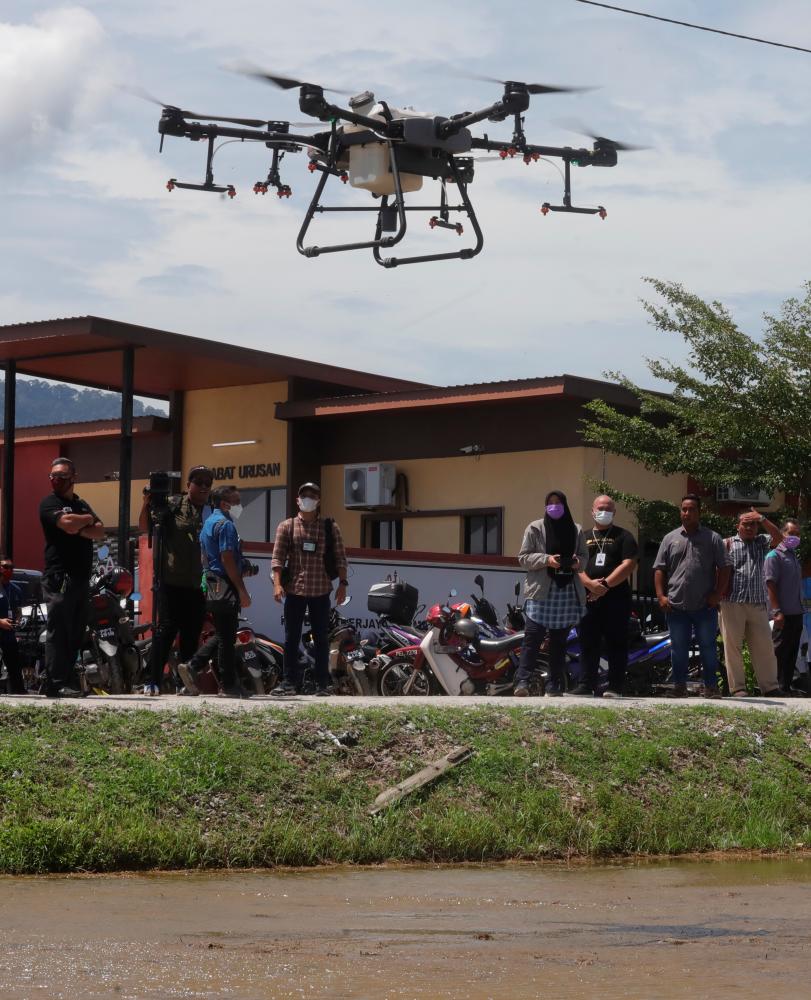PETALING JAYA: Advances in technology and the evolving job market are causing local universities to review subjects offered in degree programmes, said National Association of Private Educational Institutions secretary-general Dr Teh Choon Jin.
“Artificial intelligence (AI), virtual reality (VR), augmented reality (AR), drone technology, cybersecurity and sustainability technologies are buzzwords today. So we have to ensure that students are future ready by including them in degree programmes.”
He said human-computer interaction, user experience design, AI and machine learning, data science and analytics, ethical AI and responsible technology development, and drone technology applications have also gained importance.
Besides these, advanced robotics and automation, VR and AR development, cybersecurity and network defence, sustainable technology and environmental engineering also need to be taught.
“These subjects generally integrate theoretical knowledge with practical applications, and include hands-on projects, case studies and industry collaborations to ensure students gain the right skills and experience that are required in future careers.”
Teh said educational institutions have been increasingly integrating such subjects in degree programmes that focus on AI and emerging technologies.
“The programmes cover a broad spectrum of AI topics, while the subjects are offered at both undergraduate and postgraduate levels and aim to equip students with the skills and knowledge to meet the demands of a rapidly evolving job market.”
Teh said universities must ensure that their curriculum is constantly updated with the latest industry trends and developments.
This, he said, calls for the implementation of flexible curriculum structures that enable rapid updates and adjustments in dynamic fields like AI.
“Universities use modular course elements or introduce elective subjects which incorporate new topics and technologies.
“Faculty members are also encouraged to engage in research and professional development activities to stay abreast of advancements in their respective fields.”
Teh said other strategies include offering workshops, seminars and continuing education programmes to students and faculty on emerging technologies and industry trends.
He said there are many opportunities provided by universities for students to participate in research projects or initiatives related to AI and emerging technologies.
Such opportunities may exist within university research labs, interdisciplinary centres or through collaborations with external organisations, industry partners and government agencies.
“Students can engage in hands-on research experiences, internships, and co-op programmes to gain practical skills, contribute to cutting-edge research and build professional networks.”
He also said many universities encourage students to engage in interdisciplinary studies and pursue their minor or major focus outside their primary fields to gain a broader understanding of how AI and technology integrate with other disciplines.
“By integrating AI and technology education with fields such as business, healthcare, social sciences and humanities, students can leverage their knowledge to drive innovation and create a positive societal impact,” he said.
As the AI field continues to advance, Teh said local universities are expected to update and expand their offerings.
He said universities will have to collaborate with industry partners and research institutions to ensure their tutorials and curricula remain relevant and aligned with industry needs and technological advancements.
They also have to foster partnerships and collaborations with AI firms to facilitate joint research projects, internships and industrial training programmes, he added.









